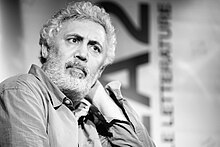
Francesco Piccolo (born 1964) is an Italian author of novels, short stories and screen plays. In 2014, he won Italy's leading literary award the Premio Strega for Il desiderio di essere come tutti. [1]

Francesco Piccolo (born 1964) is an Italian author of novels, short stories and screen plays. In 2014, he won Italy's leading literary award the Premio Strega for Il desiderio di essere come tutti. [1]
Piccolo was born in Caserta. His novels and short story collections include Allegro occidentale, E se c'ero dormivo, Il tempo imperfetto, and Storie di primogeniti e figli unici (all published by Feltrinelli); l'Italia spensierata (Laterza); Momenti di trascurabile felicita and La separazione del maschio (Einaudi). With Storie di primogeniti e figli unici he won two literary prizes: the Premio Giuseppe Berto and the Premio letterario Piero Chiara.
In the cinema he has worked on screenplays for My Name Is Tanino , Paz! (based on cartoons by Andrea Pazienza), Ovunque sei , Il caimano (for which he, Nanni Moretti and Federica Pontremoli were awarded the 2006 David di Donatello for Best Script), Nemmeno in un sogno, Caos calmo (in which he also made an appearance [2] ) and Giorni e nuvole .
He has also written for newspapers and periodicals, including la Repubblica and Diario . Piccolo lives in Rome, where he runs the screenwriters laboratory for the DAMS course at Roma Tre.
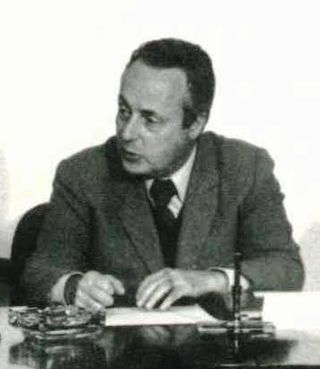
Giorgio Bassani was an Italian novelist, poet, essayist, editor, and international intellectual.

Niccolò Ammaniti is an Italian writer, winner of the Premio Strega in 2007 for As God Commands. He became noted in 2001 with the publication of I'm Not Scared, a novel which was later made into a movie directed by Gabriele Salvatores.

The Strega Prize is the most important Italian literary award. It has been awarded annually since 1947 for the best work of prose fiction written in the Italian language by an author of any nationality and first published between 1 March of the previous year and 28/29 February.
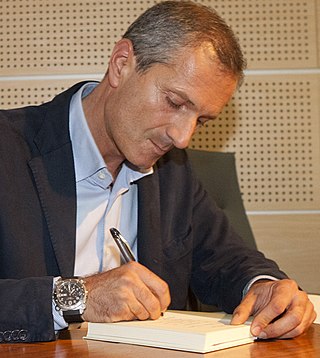
Gianrico Carofiglio is an Italian novelist and former anti-Mafia judge in the city of Bari. His debut novel, Involuntary Witness, published in 2002 and translated into English in 2005 by Patrick Creagh, was published by the Bitter Lemon Press and has been adapted as the basis for a popular television series in Italy. The subsequent novels were translated by Howard Curtis and Antony Shugaar.

Dacia Maraini is an Italian writer. Maraini's work focuses on women's issues, and she has written numerous plays and novels. She has won awards for her work, including the Formentor Prize for L'età del malessere (1963); the Fregene Prize for Isolina (1985); the Premio Campiello and Book of the Year Award for La lunga vita di Marianna Ucrìa (1990); and the Premio Strega for Buio (1999). In 2013, Irish Braschi's biographical documentary I Was Born Travelling told the story of her life, focusing in particular on her imprisonment in a concentration camp in Japan during World War II and the journeys she made around the world with her partner Alberto Moravia and close friends Pier Paolo Pasolini and Maria Callas.

Domenico Starnone is an Italian writer, screenwriter, and journalist.

Sandro Veronesi is an Italian novelist, essayist, and journalist. After earning a degree in architecture at the University of Florence, he opted for a writing career in his mid to late twenties. Veronesi published his first book at the age of 25, a collection of poetry that has remained his only venture into verse writing. He has since published five novels, three books of essays, one theatrical piece, numerous introductions to novels and collections of essays, interviews, screenplays, and television programs.
Sergio De Santis is an author known for his short stories.

Raffaele La Capria was an Italian novelist and screenwriter.

Mario Soldati was an Italian writer and film director. In 1954, he won the Strega Prize for Lettere da Capri. He directed several works adapted from novels, and worked with leading Italian actresses, such as Alida Valli, Sophia Loren and Gina Lollobrigida.

Corrado Alvaro was an Italian journalist and writer of novels, short stories, screenplays and plays. He often used the verismo style to describe the hopeless poverty in his native Calabria. His first success was Gente in Aspromonte, which examined the exploitation of rural peasants by greedy landowners in Calabria, and is considered by many critics to be his masterpiece.
Giovanni Arpino was an Italian writer and journalist.
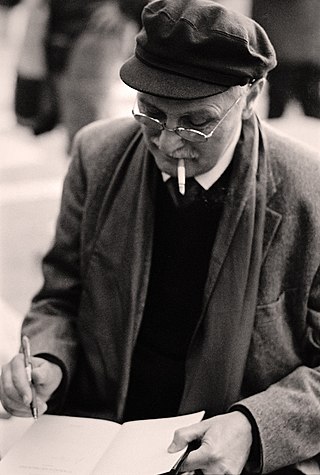
Antonio Pennacchi was an Italian writer, winner of the Strega Prize in 2010 for his novel, Canale Mussolini.
Laudomia Bonanni was an Italian writer and journalist. Although she started publishing when she was a teenager, her literary career took off in 1948 when she won a national contest; she went on to be a prolific and award-winning author. The Nobel laureate Eugenio Montale compared her realism to James Joyce’s Dubliners, and other distinguished critics considered her one of the most important and original voices in Italy’s post-World War II literature.
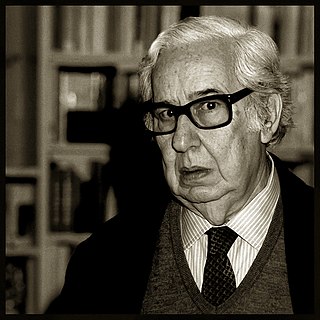
Michele Prisco was an Italian journalist, critic, and novelist.

Francesco Verso is an Italian science fiction writer and translator of science fiction from English into Italian. Born in Bologna, Italy, he lives and works in Rome.
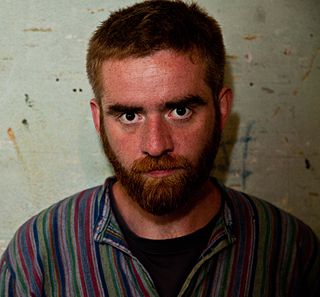
Paolo Cognetti is an Italian writer. He started studying mathematics at university, but quit to enroll at Milan's film-making school Civica Scuola di Cinema «Luchino Visconti», where he graduated in 1999. He taught himself American literature and started directing documentaries in 2004, especially about social, political and literary topics. His first work as a writer was the short story Fare ordine, which won the Premio Subway−Letteratura. He loves New York City, which has become the main subject of some of his documentaries. His other passion is the mountains, where he likes to spend a few months alone every year. In 2016, he published his first novel Le otto montagne, which granted him the Premio Strega 2017, Italy′s most prestigious literary award, as well as various international awards, such as the Prix Médicis étranger, the Prix François Sommer, and the English Pen Translates Award.
Veronica Raimo is an Italian writer, translator, and screenwriter.
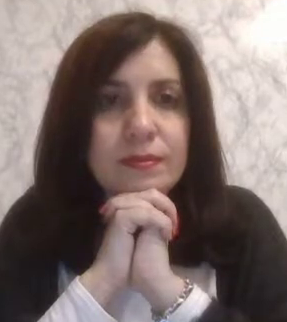
Nadia Terranova is an Italian author.

The Hummingbird is a 2019 novel by Sandro Veronesi. The novel is presented in fragments with a nonlinear narrative structure and follows the tumultuous life of ophthalmologist Marco Carrera. The novel won the prestigious Strega Prize (2020).